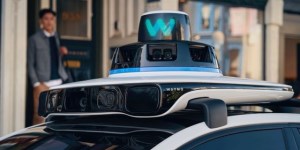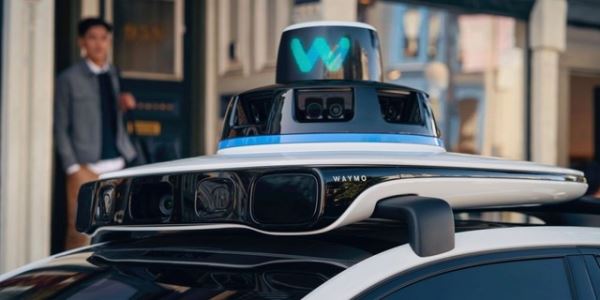The autonomous vehicle industry has just hit another speed bump: How do you assure passengers the car they’re getting in is virus free?
Though the vehicle does not have a driver, it may carry unwanted bacteria and viruses – particularly if infected people rode in that vehicle before them.
Earlier this week, an executive with leading US autonomous vehicle provider Waymo said the coronavirus pandemic has forced the company to put its limited ride service in Phoenix, Arizona on hold.
The company wants to make sure its human backup drivers and passengers remain safe.
It is understood some of the vehicles have now shifted toward delivery only – shuttling school supplies, protective equipment and food for non-profits.
Like other ride-sharing companies and traditional taxis, passenger safety now remains the company’s number one priority.
In Australia, many people travelling on public transport, taxis and ride-sharing vehicles have expressed the same anxiety over getting into tight spaces with people who may have the virus.
Waymo, a unit of Google parent Alphabet Inc, has been running its Phoenix service with selected riders since 2018, sometimes without human backup drivers.
New cleaning technologies
A Waymo spokesperson says outside supply companies are now focused on putting technologies in place to clean vehicles between rides.
Though details of those technologies have not been revealed, it is understood the company has been testing them for the past few years.
Waymo is looking for cleaning solutions between rides when there isn’t time to return to a depot for a full clean.
Before the pandemic, Waymo was running 1,000 to 2,000 rides per week. Between 5% and 10% were fully autonomous without human safety drivers, the company said.
Widespread use of autonomous vehicles in the US has already been delayed following a fatal crash involving an Uber test vehicle in Tempe, Arizona in March 2018.
The fatality forced the industry to put its expansion plans on hold to make sure all of its vehicles are safe.


